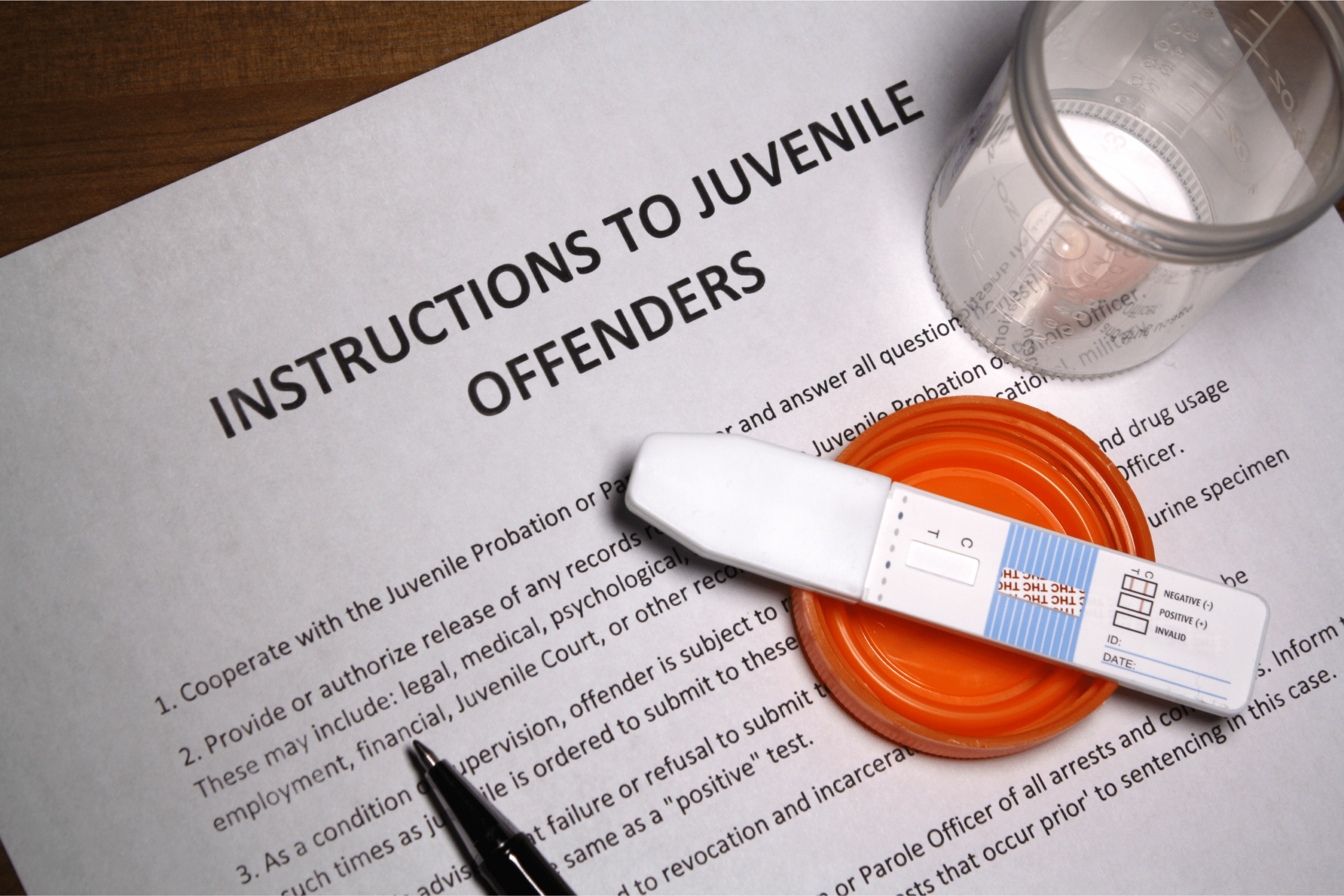In the vibrant city of Denver, juveniles facing drug charges encounter a unique set of challenges within the criminal justice system. As a criminal defense lawyer specializing in youth cases, it is crucial to understand the distinct legal considerations and complexities surrounding juvenile drug offenses.
This blog post aims to provide an educational and informative overview of the landscape, shedding light on diversion programs, rehabilitation options, and the delicate balance between accountability and rehabilitation. For any juvenile or parents of a juvenile facing drug crime accusations, it’s essential to understand the legal options you have. Building a solid defense is the best way to protect any accused’s future.
Legal Landscape for Juvenile Drug Offenses
Juvenile drug offenses in Denver are handled differently than adult cases due to the distinct legal framework for minors. The primary goal of the juvenile justice system is rehabilitation rather than punishment, recognizing the potential for growth and change in young individuals. However, it is essential to approach these cases with a nuanced understanding of both state and federal laws governing drug offenses involving minors.
Unique Challenges
Representing juveniles facing drug charges in Denver presents unique challenges that require a specialized approach. Understanding the developmental and psychological factors influencing young individuals is crucial for crafting an effective defense. Additionally, the impact of drug offenses on a juvenile’s future, including education and employment prospects, underscores the importance of skilled legal representation.
Diversion Programs
Denver’s juvenile justice system emphasizes rehabilitation through diversion programs as an alternative to traditional court proceedings. These programs aim to address the root causes of juvenile delinquency and promote behavioral change. In the context of drug offenses, diversion programs may involve counseling, educational interventions, and community service rather than incarceration.

One notable diversion program in Denver is the Juvenile Diversion Program (JDP), which focuses on rehabilitating rather than punishing juvenile offenders. Participation in JDP may include drug education classes, counseling, and community service, offering a constructive path for juveniles to learn from their mistakes and avoid a permanent criminal record.
Rehabilitation Options
When advocating for juveniles facing drug charges, it is essential to explore rehabilitation options tailored to address their specific needs. Drug treatment programs designed for adolescents can play a pivotal role in fostering recovery and preventing future offenses. These programs may include counseling, substance abuse education, and family involvement to create a supportive environment for rehabilitation.
The Denver Juvenile Court recognizes the importance of rehabilitation and provides access to various services aimed at addressing underlying issues contributing to drug offenses. Collaborating with rehabilitation experts and treatment facilities can significantly strengthen a juvenile defense case, emphasizing the commitment to the client’s well-being and future prospects.
Balancing Accountability and Rehabilitation
Balancing accountability and rehabilitation is a delicate yet crucial aspect of defending juveniles in drug offense cases. While accountability is essential for personal growth, it is equally important to recognize the potential for rehabilitation in young individuals. Crafting a defense strategy emphasizing rehabilitation demonstrates a commitment to the best interests of the juvenile client.
Working closely with the juvenile justice system, a skilled criminal defense lawyer can negotiate accountability measures and rehabilitation efforts. This might involve community service, drug education programs, and ongoing counseling, providing a comprehensive approach to address the case’s legal and personal aspects.
The Role of an Experienced Criminal Defense Lawyer
Navigating the intricacies of juvenile drug offenses in Denver requires the expertise of an experienced criminal defense lawyer. Such legal professionals possess an in-depth understanding of the juvenile justice system, enabling them to craft strategic defenses tailored to the unique circumstances of each case.

Building a solid defense involves thorough investigation, strategic negotiation with prosecutors, and leveraging knowledge of diversion programs and rehabilitation options. An experienced lawyer can challenge evidence, explore alternative resolutions, and advocate for outcomes, prioritizing the juvenile’s future over punitive measures.
Juvenile Drug Accusations Defense in Denver
Defending youth facing drug charges in Denver demands a specialized approach that combines legal insight with a deep understanding of the unique challenges and considerations involved. By embracing diversion programs, exploring rehabilitation options, and balancing accountability and rehabilitation, a criminal defense lawyer can impact a juvenile client’s future.
In this dynamic legal landscape, lawyers must remain informed about the latest developments in juvenile law and leverage their expertise to provide effective representation. Ultimately, the goal is to secure a favorable legal outcome and empower young individuals to overcome their mistakes and embark on a path of positive change.
About the Author:
Kimberly Diego is a criminal defense attorney in Denver practicing at The Law Office of Kimberly Diego. She obtained her undergraduate degree from Georgetown University and her law degree at the University of Colorado. She was named one of Super Lawyers’ “Rising Stars of 2012 & 2019-2022” and a “Top 100 Trial Lawyers in Colorado” for 2012-2022 by The National Trial Lawyers. Both honors are limited to a small percentage of practicing attorneys in each state. Additionally, Expertise names her to its lists of the 25 Best Denver DUI Lawyers and 21 Best Denver Criminal Defense Lawyers, both in 2020-2022. Ms. Diego has also been recognized for her work in domestic violence cases.





